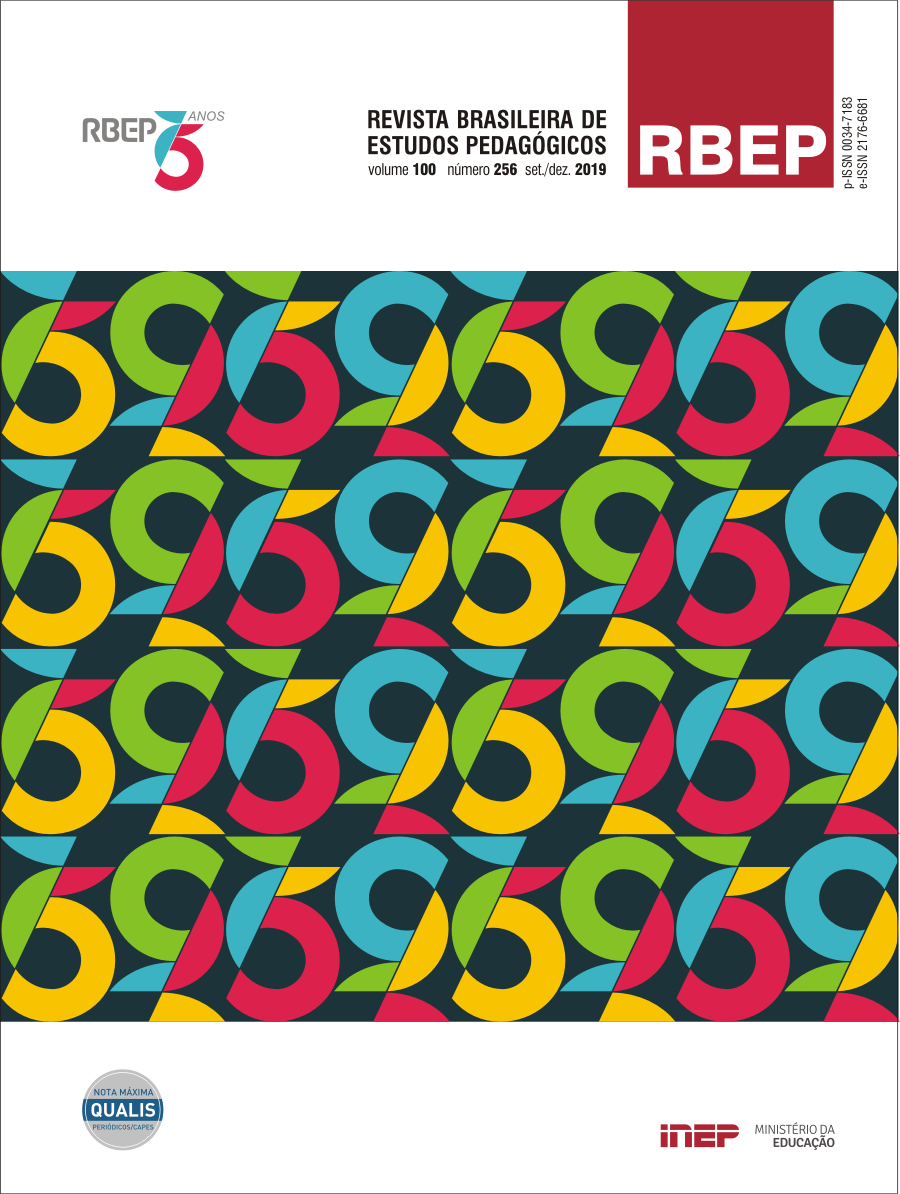Little proletarians in Warsaw: from practices of Janusz Korczak to theories of Paulo Freire
Abstract
This article discusses the theories and pedagogical practices of two great educators of the last century – Janusz Korczak and Paulo Freire. The first was a Polish Jew who spent much of his life at Warsaw, where he implemented his ideas on children’s education. Said ideas will be presented here as seen on the Mały Przegląd (Little Review), a journal founded in 1926 and extinguished in September 1939 with the outbreak of World War II. The second was a Brazilian educator made known for his work on the reading and writing of adult workers. Though Korczak worked with children and Freire with adults, they still had much in common since both fought for the right to education for the oppressed of their society. Furthermore, based on the Little Review, I analyse the social and economic profile of children readers; the role of teachers; and, finally, the educational concepts that permeated the work of both educators. To conclude, I present some ideas on social media that are organized through reading and writing capable of raising the social awareness of the disadvantaged.
Downloads
Once their work is accepted for publication, author’s copyrights are automatically relinquished to the National Institute for Educational Studies and Research Anísio Teixeira (Inep).
Since 2016, the journal Revista Brasileira de Estudos Pedagógicos (RBEP) uses the licence CC-BY.
Partial or total reproduction of the content of this Journal is permitted provided that the original publication is properly referenced, as well as a link to license CC BY 4.0 and to indicate any possible alterations made to the article.




















